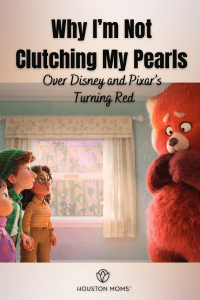Disney and Pixar’s Turning Red is causing quite a stir among mom communities. Much ink has been spilled on its content and questions surrounding age appropriateness. Will you watch the movie with your kids or sit this one out? We would love to know your thoughts!
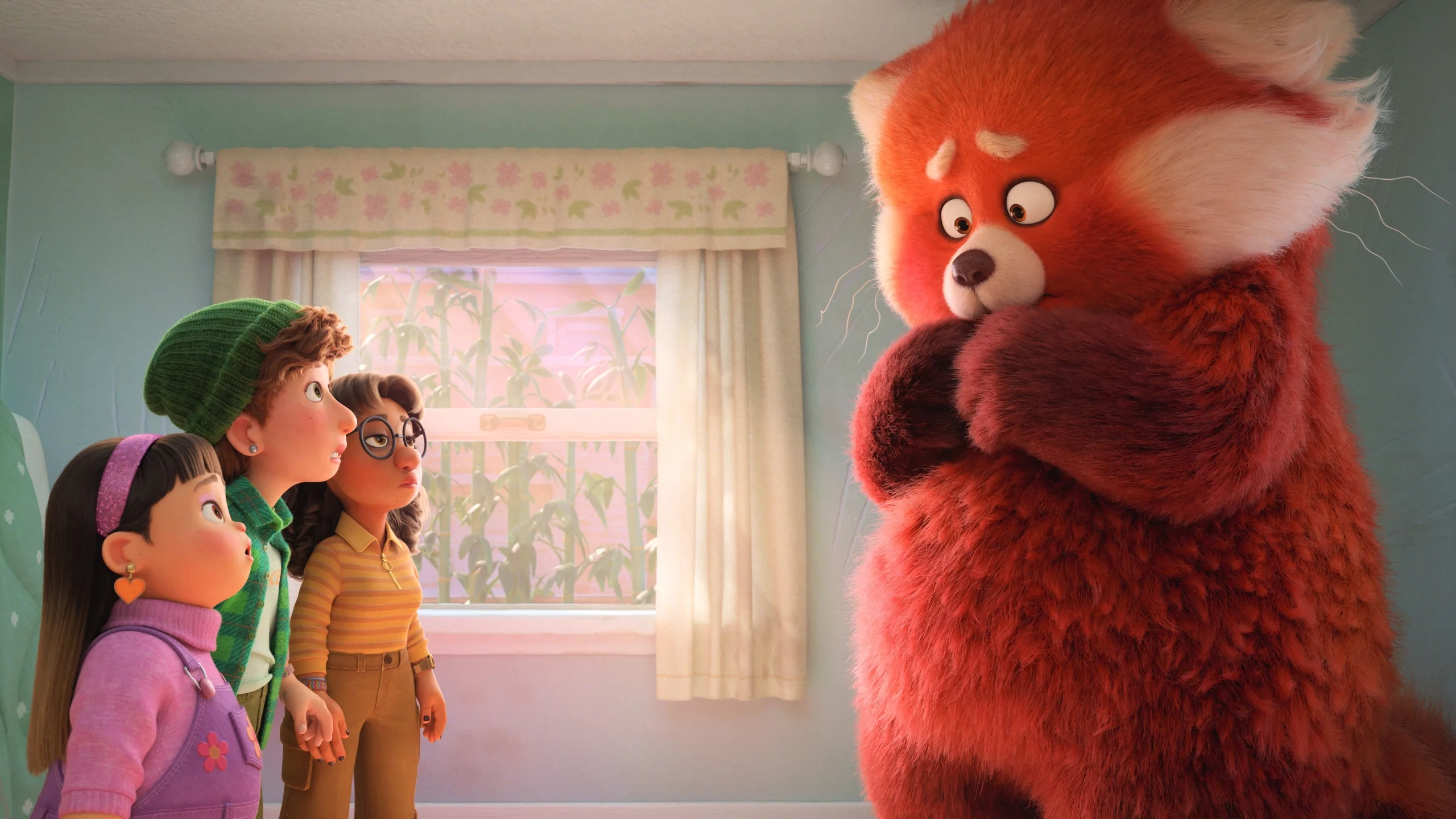 Puberty is an inevitable part of the human experience, and at least half the population has or will have a period. Neither topic should be a source of shame or secrecy, and we should talk about them honestly with our kids. Thankfully, we aren’t totally on our own when it comes to broaching these topics in our families. Movies and other media being produced today are opening the door for meaningful conversations about awkward topics that parents may struggle to bring up otherwise.
Puberty is an inevitable part of the human experience, and at least half the population has or will have a period. Neither topic should be a source of shame or secrecy, and we should talk about them honestly with our kids. Thankfully, we aren’t totally on our own when it comes to broaching these topics in our families. Movies and other media being produced today are opening the door for meaningful conversations about awkward topics that parents may struggle to bring up otherwise.
A New Era in Kids Movies
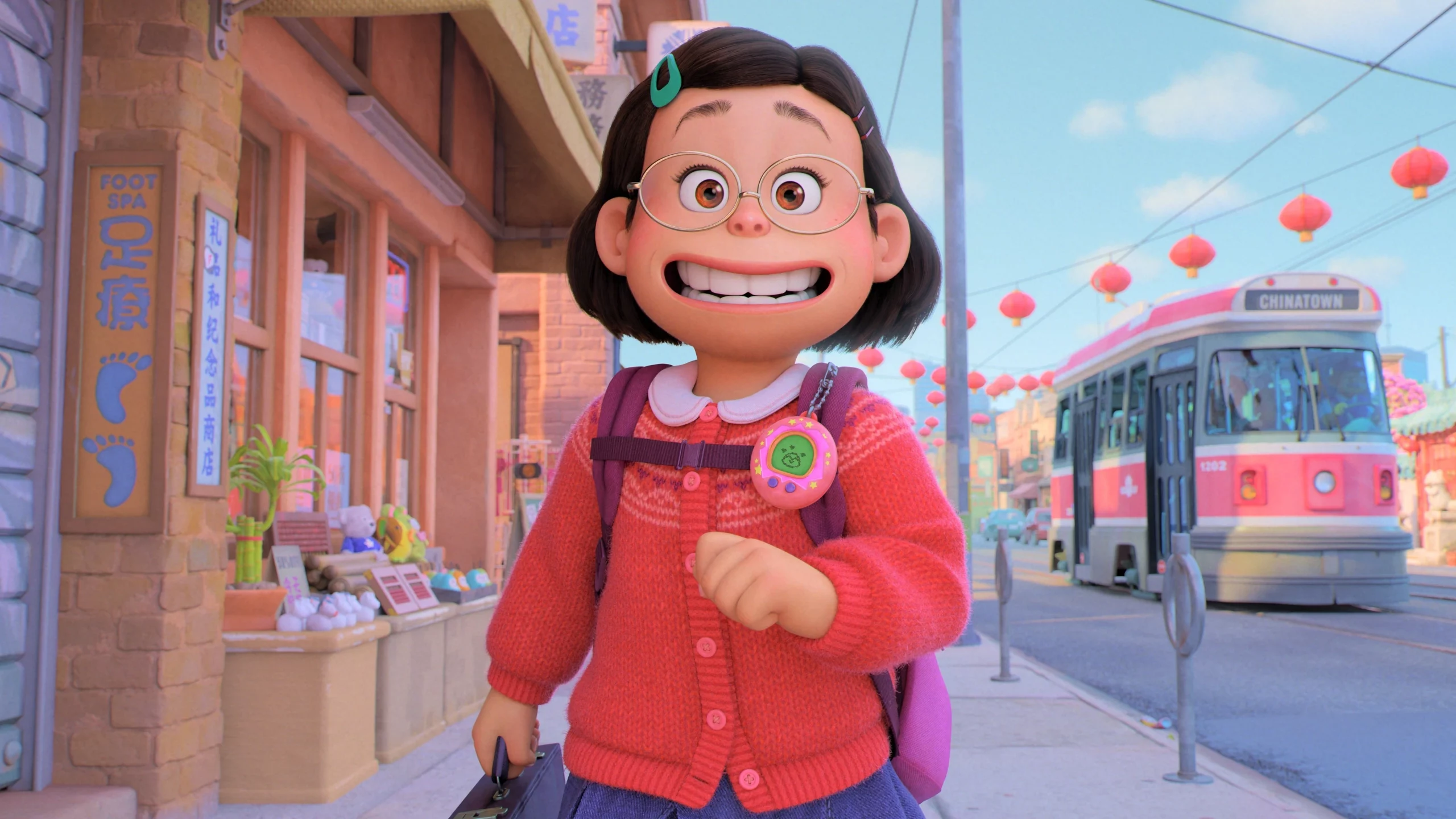 This is a new trend in kids movies, and I for one, am here for it. Gone are the formulaic “princess in distress gets rescued by the handsome prince and they ride into the sunset to live happily ever after” films of my youth. Instead, movie makers are tackling real, complex issues like generational trauma, complex family relationships, and yes, puberty. And they are doing it in relatable, accessible ways with diverse characters from a variety of cultures.
This is a new trend in kids movies, and I for one, am here for it. Gone are the formulaic “princess in distress gets rescued by the handsome prince and they ride into the sunset to live happily ever after” films of my youth. Instead, movie makers are tackling real, complex issues like generational trauma, complex family relationships, and yes, puberty. And they are doing it in relatable, accessible ways with diverse characters from a variety of cultures.
For months, we’ve been mesmerized by the magic of Encanto, and now Disney and Pixar’s latest offering, Turning Red, is out in the world (streaming on Disney+) with its own set of characters with complicated family dynamics. And just like any good art, it’s bringing a dose of controversy along for the ride.
Turning Red has Some Parents Turning Red
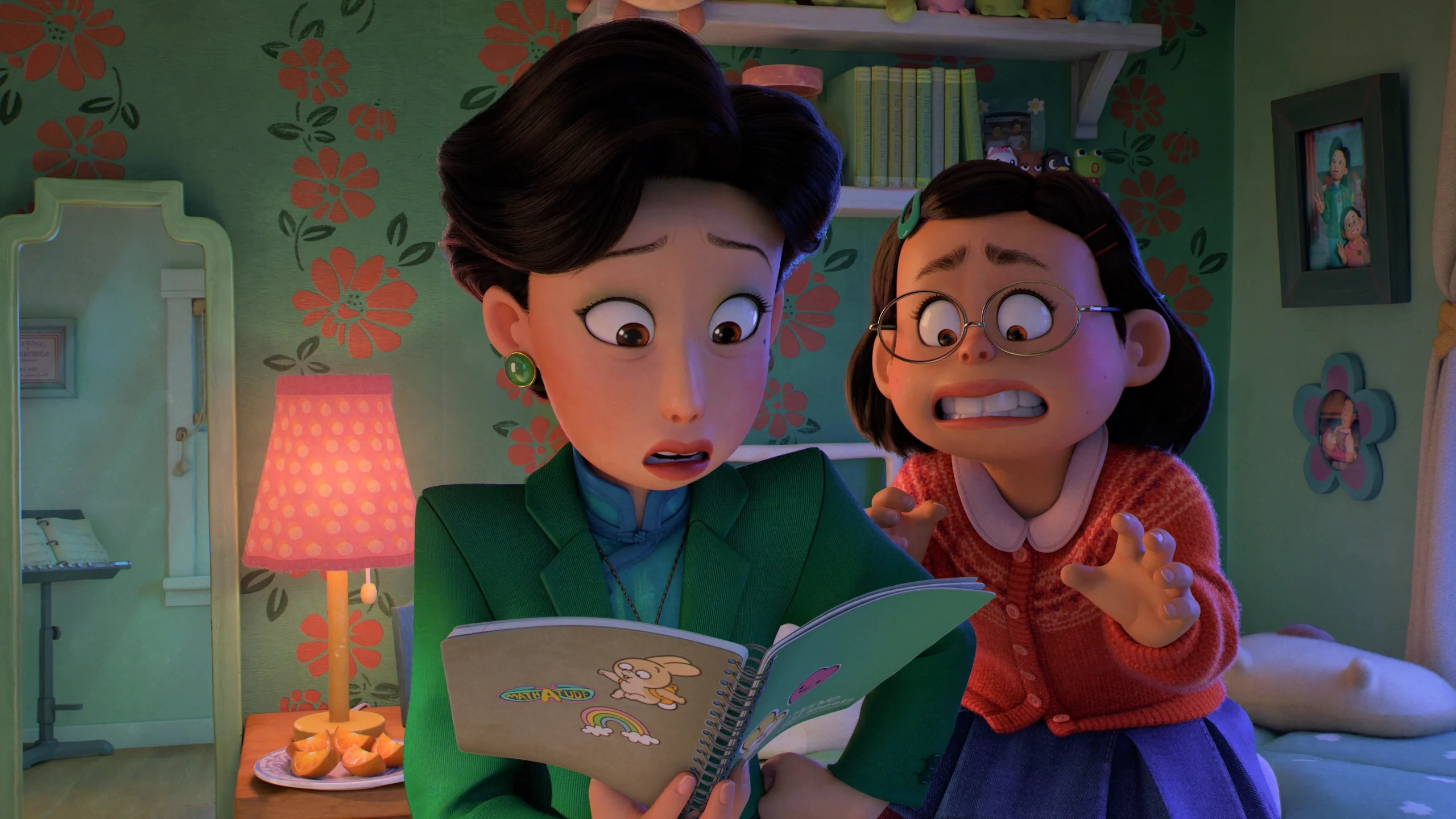 Turning Red, which takes place in Toronto in 2002 (hello tamagotchis and boy bands!) is the coming of age story of Mei, a 13 year old Chinese Canadian girl. When Mei experiences any intense emotion, she transforms into a red panda. Mei’s “turning red” is a metaphor for puberty, periods, and all the confusing changes bodies and brains go through during this tumultuous time of life.
Turning Red, which takes place in Toronto in 2002 (hello tamagotchis and boy bands!) is the coming of age story of Mei, a 13 year old Chinese Canadian girl. When Mei experiences any intense emotion, she transforms into a red panda. Mei’s “turning red” is a metaphor for puberty, periods, and all the confusing changes bodies and brains go through during this tumultuous time of life.
This movie is clearly being marketed to young kids (my own 9 and 6 year olds saw the trailer at school while watching a book fair preview video). Some parents say the content is inappropriate for this age group, and are speaking out. Full disclosure: in addition to period references complete with pads and tampons, there are portrayals of teenage rebellion, disrespect for parents, use of the words “sexy” and “crap”, and a reference to drug use.
Periods and pads may be an awkward topic to come up during family movie night, and some of the language and references aren’t ideal for the preschool and young elementary set. However, speaking from experience with my own kids, much of this will go over their heads, just like all the “inappropriate” content in Grease and other movies we all watched when we were young. And kids of all ages can relate to the struggle of managing big emotions.
A Tool for Conversation
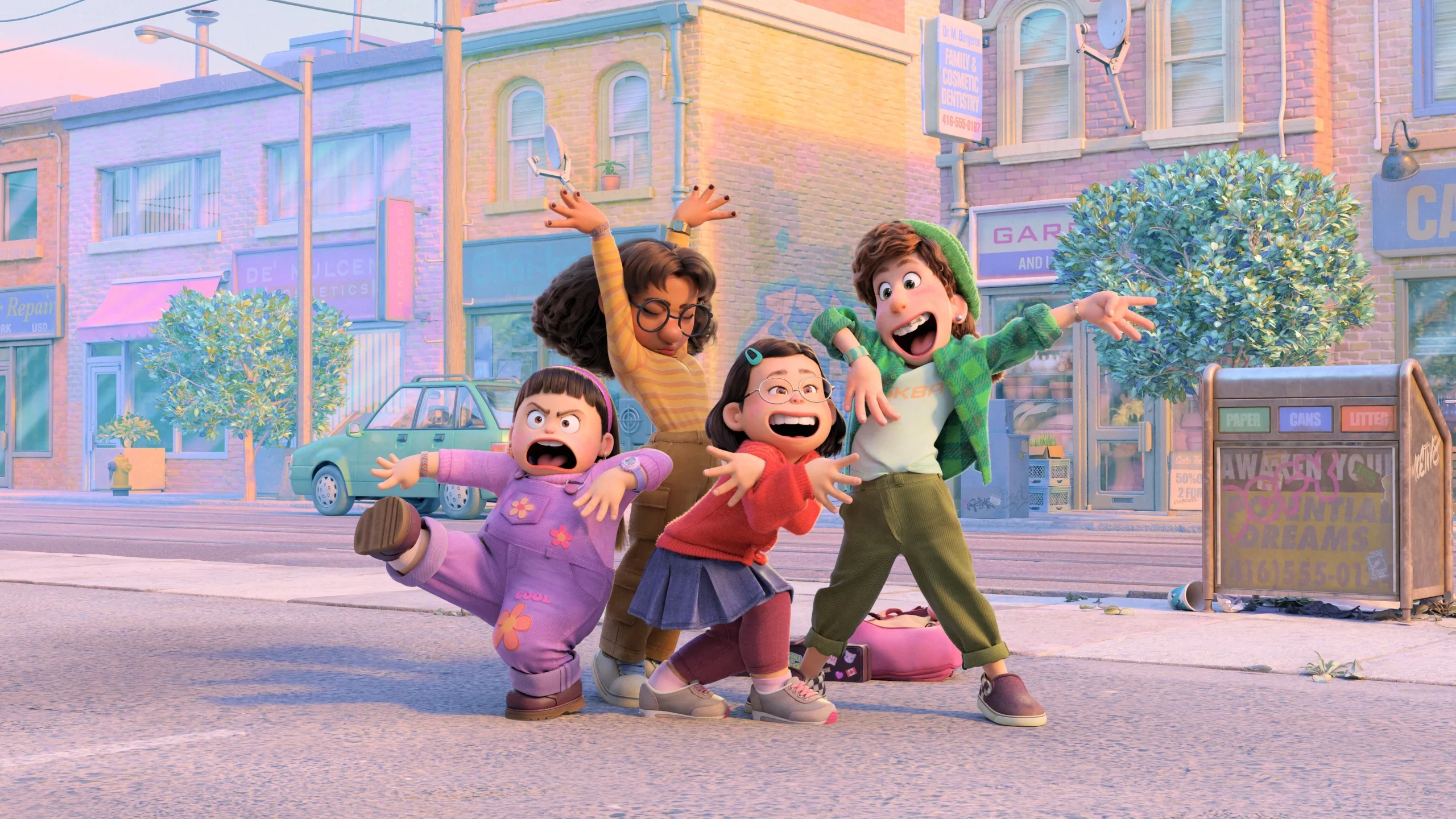 Turning Red shows that generational curses continue when fear causes parents to avoid conversations. If we want to raise emotionally healthy kids who come to us, instead of just their friends, with awkward questions, we have to put in the work early, and often. Because our kids are talking about these things, and likely at earlier ages than we think. Instead of avoiding movies like this one, let’s use them as parenting tools to spark discussion and a closer relationship with our kids.
Turning Red shows that generational curses continue when fear causes parents to avoid conversations. If we want to raise emotionally healthy kids who come to us, instead of just their friends, with awkward questions, we have to put in the work early, and often. Because our kids are talking about these things, and likely at earlier ages than we think. Instead of avoiding movies like this one, let’s use them as parenting tools to spark discussion and a closer relationship with our kids.
#TurningRed








